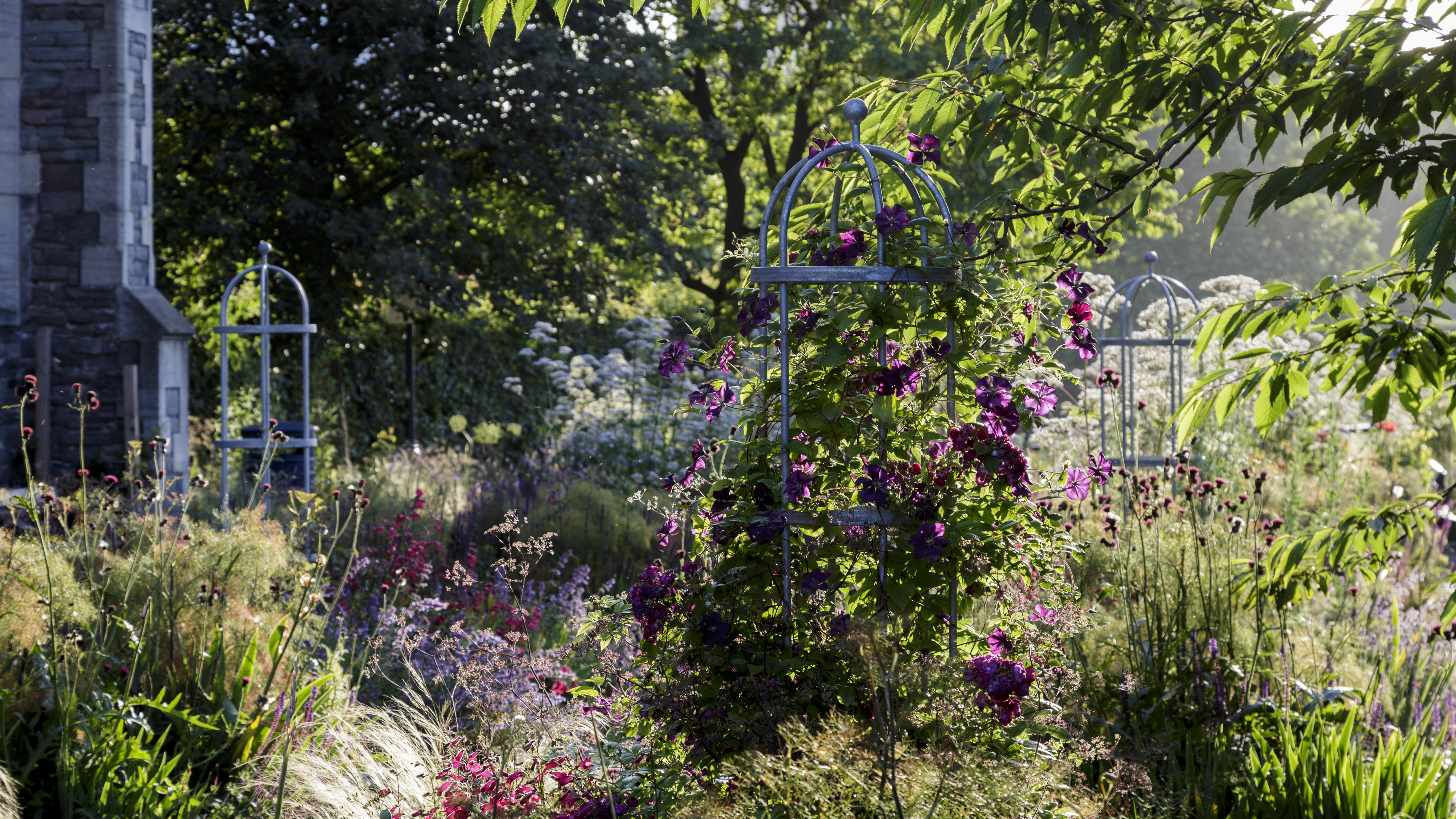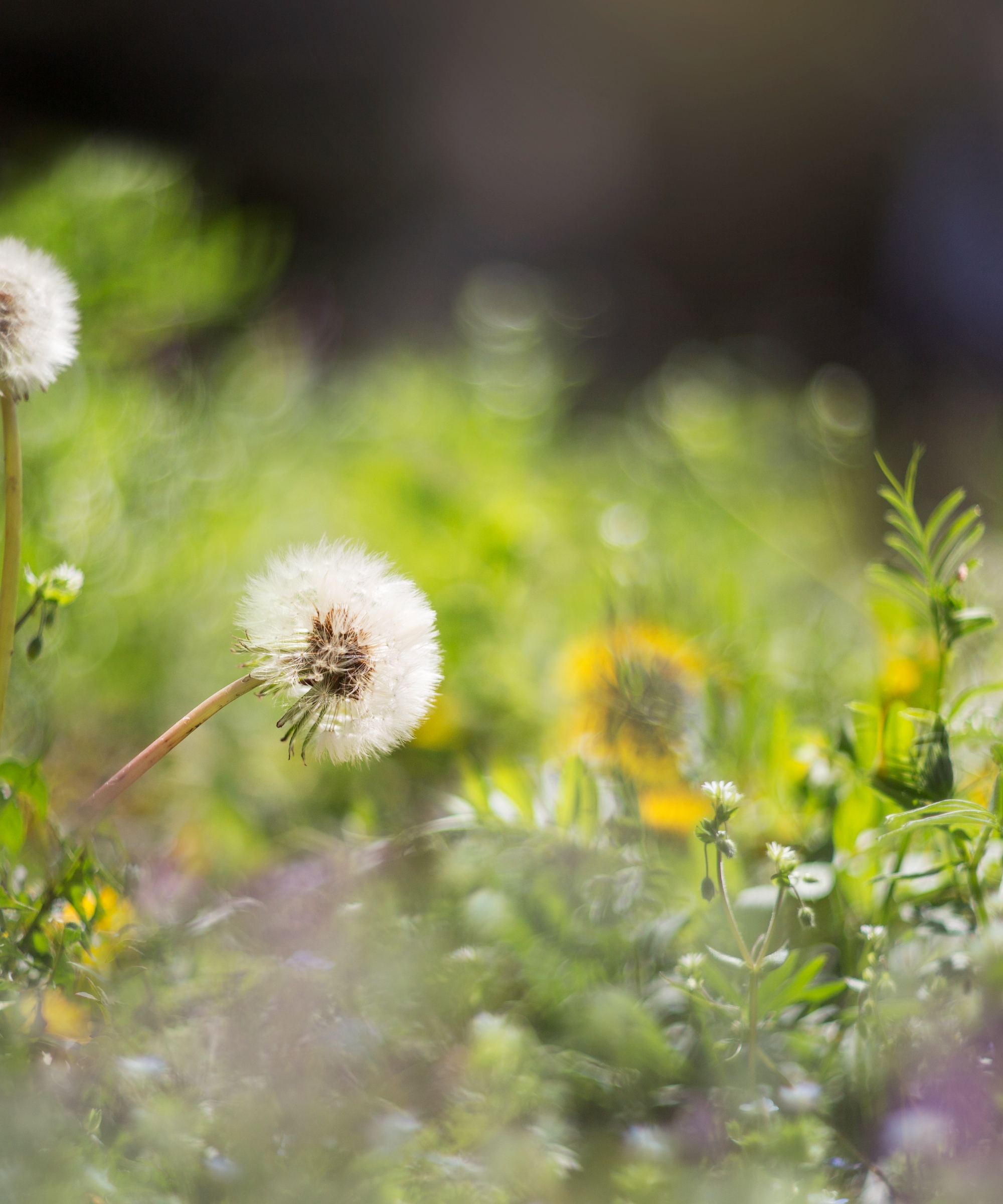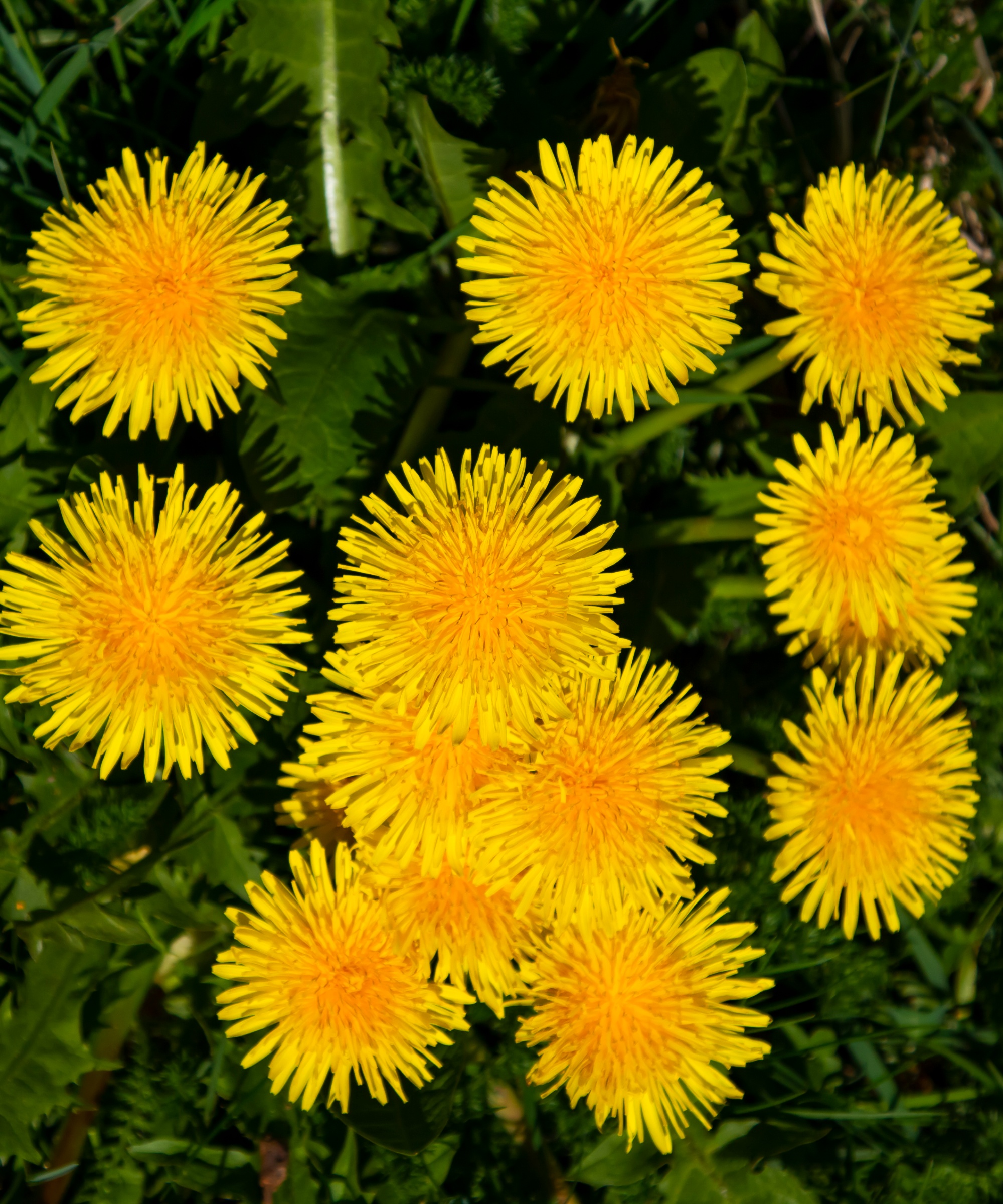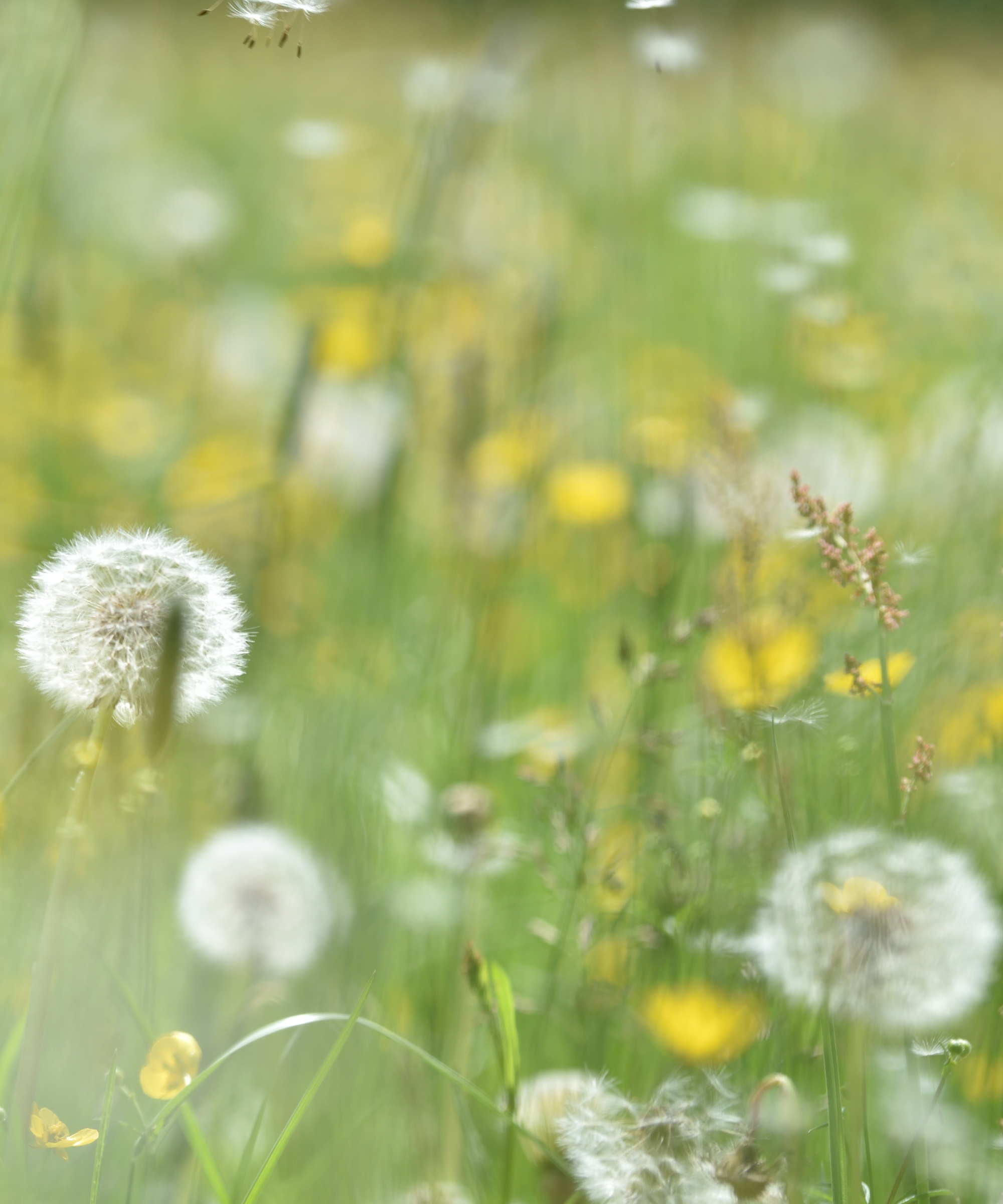Using salt to kill weeds: here's what you need to know before getting started
Is using salt to kill weeds a good idea? Experts discuss the myth that divides gardeners ahead of the summer


Design expertise in your inbox – from inspiring decorating ideas and beautiful celebrity homes to practical gardening advice and shopping round-ups.
You are now subscribed
Your newsletter sign-up was successful
Want to add more newsletters?

Twice a week
Homes&Gardens
The ultimate interior design resource from the world's leading experts - discover inspiring decorating ideas, color scheming know-how, garden inspiration and shopping expertise.

Once a week
In The Loop from Next In Design
Members of the Next in Design Circle will receive In the Loop, our weekly email filled with trade news, names to know and spotlight moments. Together we’re building a brighter design future.

Twice a week
Cucina
Whether you’re passionate about hosting exquisite dinners, experimenting with culinary trends, or perfecting your kitchen's design with timeless elegance and innovative functionality, this newsletter is here to inspire
Using salt to kill weeds is one of the most controversial actions you can make in a garden, and all for a good reason. This time-honored garden idea is undeniably effective at removing even the most stubborn of weeds – but it is its power that makes this trick so provocative amongst green-thumbed gurus.
If you're looking for how to get rid of weeds, salt may seem like the inevitable and accessible choice. But experts would suggest otherwise. So, if you're thinking of using salt to kill weeds in pavers or beds, take note. This expert advice could save your garden in the long run – even if you do need to search for an effective new method.
Should you use salt to kill weeds?

Is it a good idea to use salt to kill weeds? Here, the experts respond to the age-old question.
Using salt to kill weeds – against
‘Salt really does make a great weed killer (herbicide), as it will kill just about anything that grows but is so toxic it simply can't be recommended in most garden settings,'' says a National Garden Bureau member, and Laidback Gardener, Larry Hodgson.
The expert explains that 'salt kills plants by osmosis,' meaning it will draw the water from nearby plant cells. This will cause leaves (if applied by spraying) or roots (if watered in) to dry out and die.
'If you spray salty water on most plants, the leaves and possibly stems will soon turn brown, but they'll probably soon put out new growth,' Larry says. This is because salt is a contact herbicide that kills all tissues it touches. 'If it is watered into the soil, though, and kills the roots, that will kill the whole plant,' he adds.

And, it is not only plants that need to beware. Larry explains that this powerful substance is a solution if you're looking for how to get rid of slugs, bacteria, fungus, insects, and earthworms. So, you need to use it with caution.
Design expertise in your inbox – from inspiring decorating ideas and beautiful celebrity homes to practical gardening advice and shopping round-ups.
The author of Stop Wasting Your Yard, Kate Russell, reinforces Larry'sLarry's argument, adding that, while salt will get rid of your weeds, it can also 'kill off plants you'd rather keep' if the substance ends up in the surrounding soil.
Using salt to kill weeds – in favor

While garden expert Linda Hagen does not condone using raw salt on your weeds, she explains that it may be possible to include salt in a DIY weed spray – if you're willing to take the risk with caution.
'A DIY weed spray of salt, vinegar, and dish soap can be effective but should be used sparingly. Too much salt can be harmful to the soil and prevent good plants from growing well,' she says.
Linda adds that weed prevention, especially in your flower bed ideas, is a better alternative. ‘In flowerbeds, a thick layer of mulch applied after a thorough hand weeding can help prevent weeds from reseeding.'
Will you stay away from salt or continue to use the substance? Whatever happens, remember to tread with caution.

Megan is the Head of Celebrity Style News at Homes & Gardens, where she leads the celebrity/ news team. She has a history in interior design, travel, and news journalism, having lived and worked in New York, Paris, and, currently, London. Megan has bylines in Livingetc, The Telegraph, and IRK Magazine, and has interviewed the likes of Drew Barrymore, Ayesha Curry, Michelle Keegan, and Tan France, among others. She lives in a London apartment with her antique typewriter and an eclectic espresso cup collection, and dreams of a Kelly Wearstler-designed home.